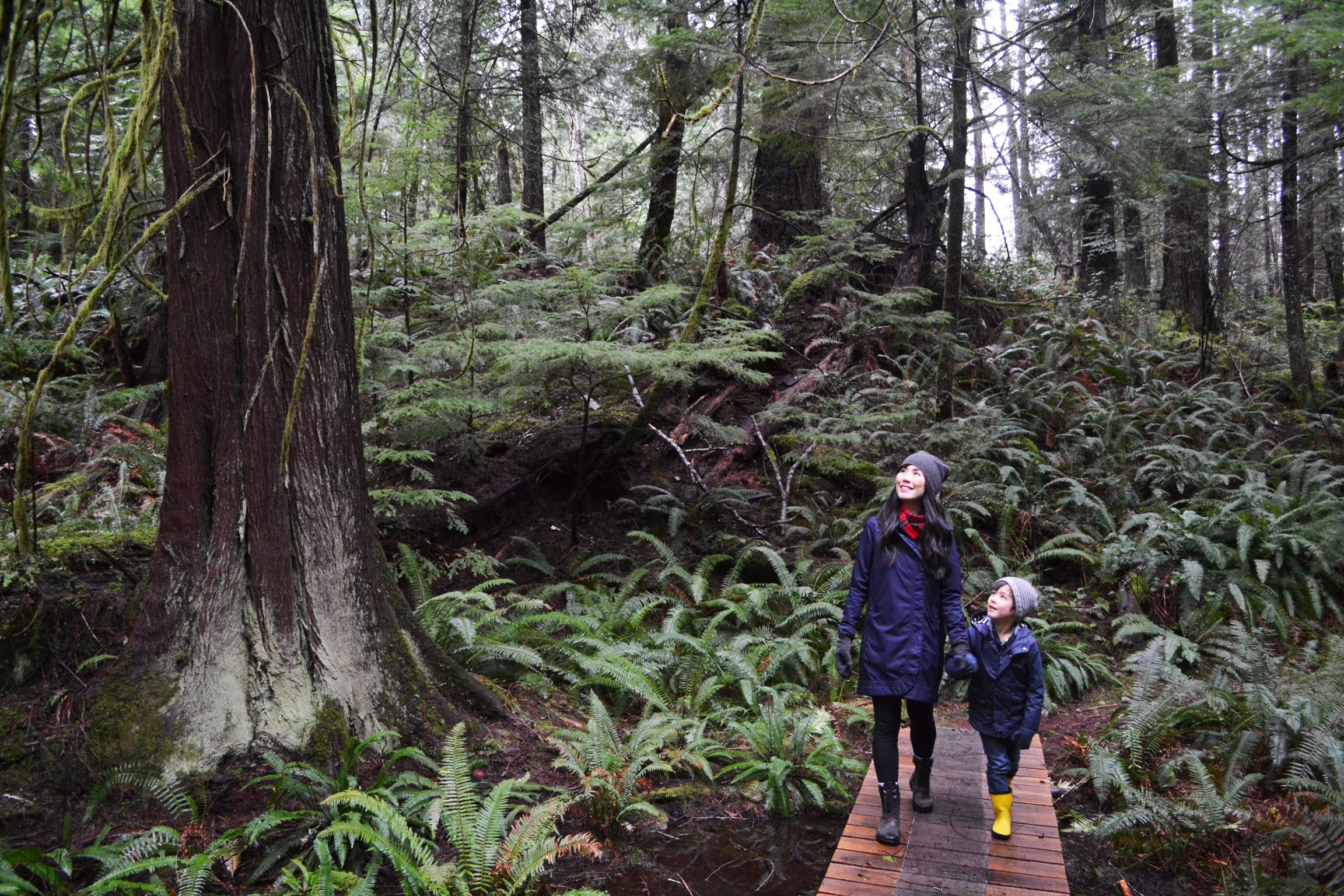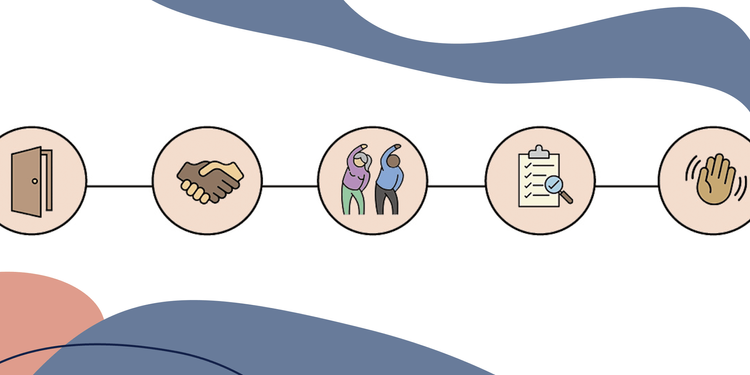
May 17, 2023, 4:00 am UTC
4 min
Created by
Q&A: Physician and founder of Park Prescriptions on the healing power of nature
How much time do you spend in front of a screen on an average day? For most Canadians, the number is as high as six and a half hours — about the global average. Americans spend about 7 hours per day.
A growing body of research suggests a widening disconnect with nature is to blame for various conditions, from anxiety and depression to high stress levels. It also demonstrates the profound positive health impacts of spending time outdoors.
Dr. Melissa Lem, a Vancouver-based family physician, has been advising some of her patients to get outside for more than a decade. She is also the founder and director of Park Prescriptions (PaRx), Canada's first national "nature prescription" program. PaRx partners with organizations, including the national parks system, to provide patients free or discounted access to green and blue spaces. In a short time, it has grown to more than 10,000 registered prescribers — healthcare professionals who want to improve their patients' health by connecting them to nature.
wmnHealth spoke with Lem about the rise of social prescriptions — and why our brains thrive on nature.
This interview has been edited for length and clarity.
wmnHealth: There's been a recent shift toward holistic wellness, but you started incorporating nature prescriptions in your practice long ago. What has that experience been like?
Dr. Melissa Lem: The first time I recommended nature to a patient was about 12 years ago, and he took it well. I think people understand intuitively that they feel better when they spend time outside. And to have that intuitive sense backed up by a healthcare worker can be a powerful way to motivate them, permitting people to incorporate nature into their lives.
What led you to understand the healing power of nature?
Lem: My own experiences really led me to start prescribing nature.
My parents took me to a national park when I was 7, and I felt so at ease compared to the asphalt playgrounds in Toronto where I grew up. And when I graduated from residency, my first job was as a full-service rural family doctor in northern British Columbia. It was an objectively high-stress job for a new graduate. But I was surrounded by mountains and a hospital garden and was naturally de-stressed whenever I had a busy shift or stressful experience. Then, after a year or two, we moved back to Toronto. Suddenly, there was concrete, glass, noise, and everything. And even though my work was way more manageable, I found myself much more stressed. I still remember standing outside my apartment window and listening to the streetcars, looking at the crowds, and thinking that I just felt so jumpy. That's when I realized I was missing nature.
What health conditions are nature prescriptions most beneficial for?
Lem: In my practice, mental health conditions and chronic diseases, such as heart disease, diabetes, and being overweight, benefit from a nature prescription. But there's such a huge body of evidence showing that almost any health condition benefits from time spent in nature, so the sky is the limit.
There are lots of different ways in which nature can interact with us. The positive effects are reductions in stress and, therefore, in cortisol levels that, over the long term, cause all kinds of issues like inflammation, heart disease, diabetes, and early mortality.
What about for women, in particular?
Lem: There have been studies looking at female survivors of cancer or women in the menopausal period, and they've found that spending time outside improves physical and mental health markers.
 Melissa Lem. M.D., with her son, hiking in Kw’as Regional Park off the coast of British Columbia. (Provided)
Melissa Lem. M.D., with her son, hiking in Kw’as Regional Park off the coast of British Columbia. (Provided)
What sets a nature prescription apart from old-fashioned medical advice?
Lem: There are a couple of things. First, you can't just say to patients, "Head outside," in some non-goal-directed way. Second, like with any prescription, the dose needs to be specified: Research says at least two hours per week and 20 minutes each time. That gives them [patients] something to aim for. Another thing is we have to make the prescriptions patient-centered, which means exploring what their commute looks like, what their recreational time might look like, and how they could fit in nature there. A prescription elevates it to that level.
What's the science behind spending time in nature and better brain health?
Lem: There are a couple of major psychological theories about why our brains thrive on nature.
One of them is called "attention restoration theory." The idea is that when we're in busy or urban environments, it's overwhelming for brains that only have a finite amount of attention. The lights, people, crowds, and noises constantly direct our attention elsewhere. But spending time in a natural setting doesn't require you to tune out all these different things constantly. And so nature rests your conscious brain, restores your powers of attention, and reduces fatigue and irritability.
The other theory is called "stress reduction theory." It says that spending time in nature helps you rebound and recover faster from that stress, giving you more resilience. Our brains are essentially happier. And some people think it goes back to our evolutionary roots. Early humans who spent time in biodiverse environments had everything they needed to survive, from water sources to food and shelter, so the craving to spend time in high biodiversity areas is hardwired into our brains.
Seventy to 80 percent of Canadians live in cities and spend 90 percent of their lives inside. So, they're being deprived of many of the benefits that nature can give them and has given us throughout history.
How is Park Prescriptions evolving, and what lies ahead?
Lem: We've launched in every single province, and very soon, we're launching a park prescriptions app to track and incentivize nature time. We're also expanding our relationships with major organizations to continue reducing barriers to nature access for patients.
The health benefits of nature are very clear in the research. And while the evidence is building for the health benefits of nature prescribing, it's not yet on a solid foundation. So I'm looking forward to contributing to that knowledge.
Participate in our study
Help us learn more about how discrimination influences women's thoughts, feelings, and behaviors by participating in wmnHealth's Discrimination and Mental Health in Our Community study.
Help us learn more about how discrimination influences women's thoughts, feelings, and behaviors by participating in wmnHealth's Discrimination and Mental Health in Our Community study.


